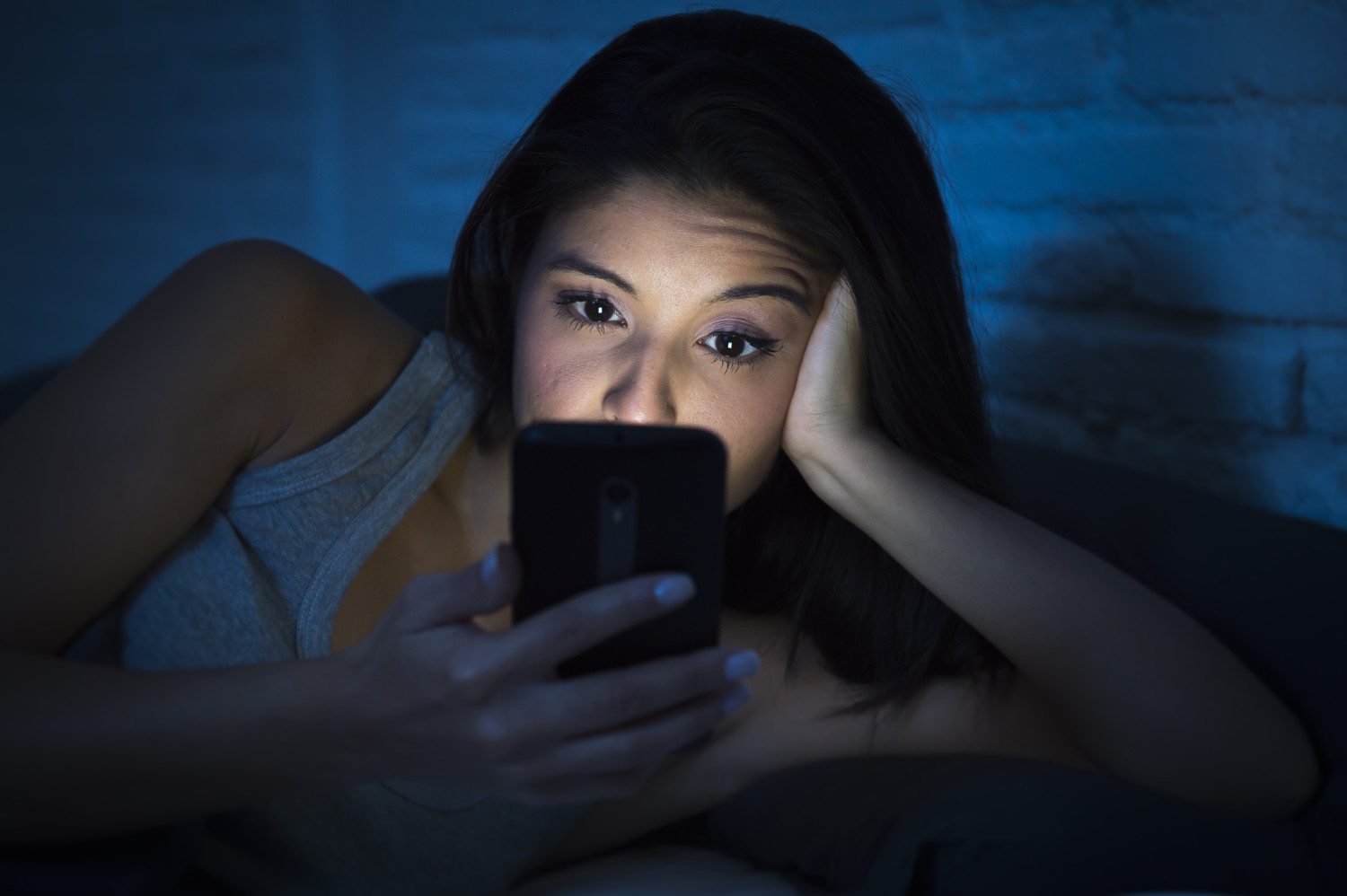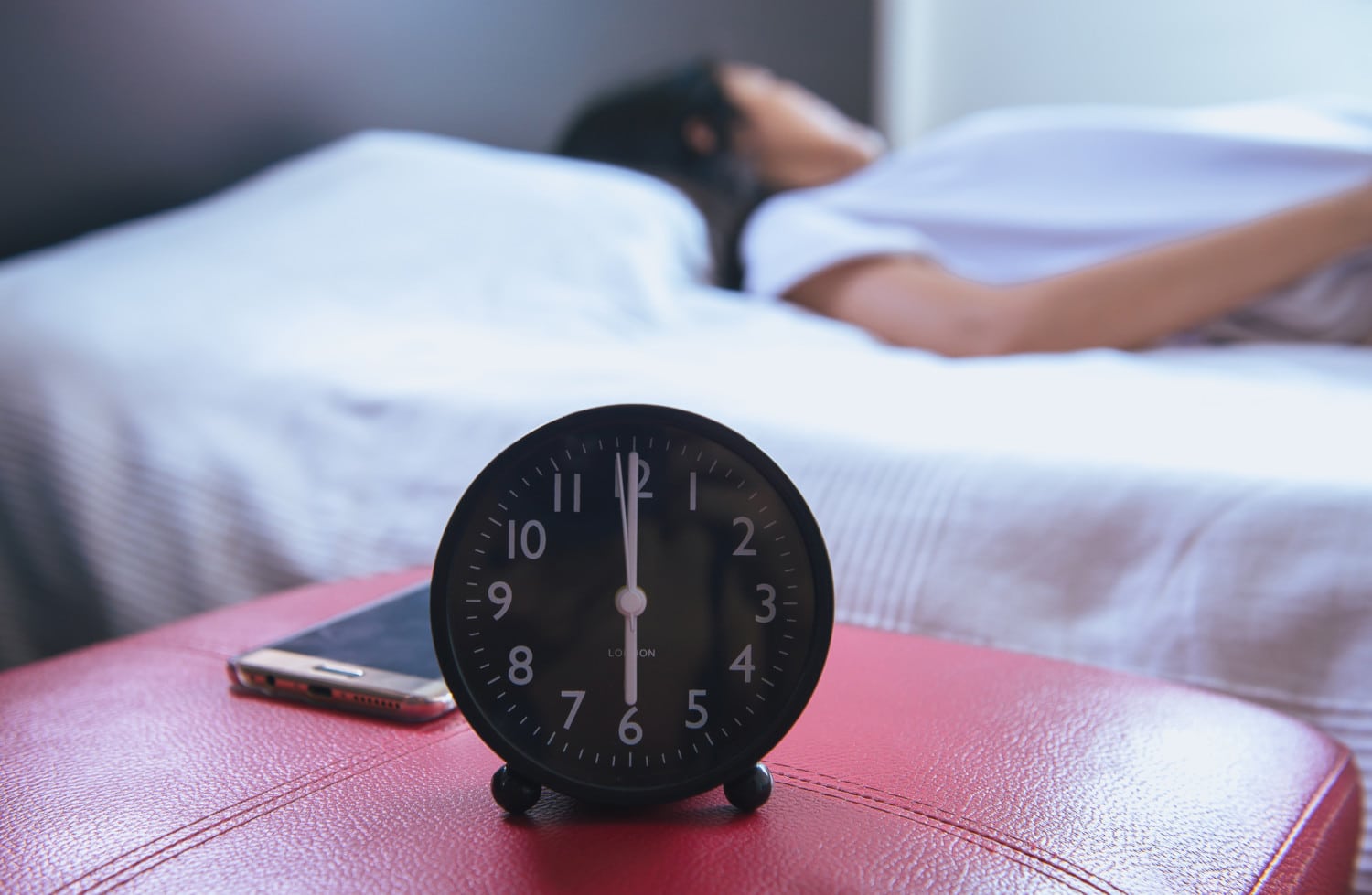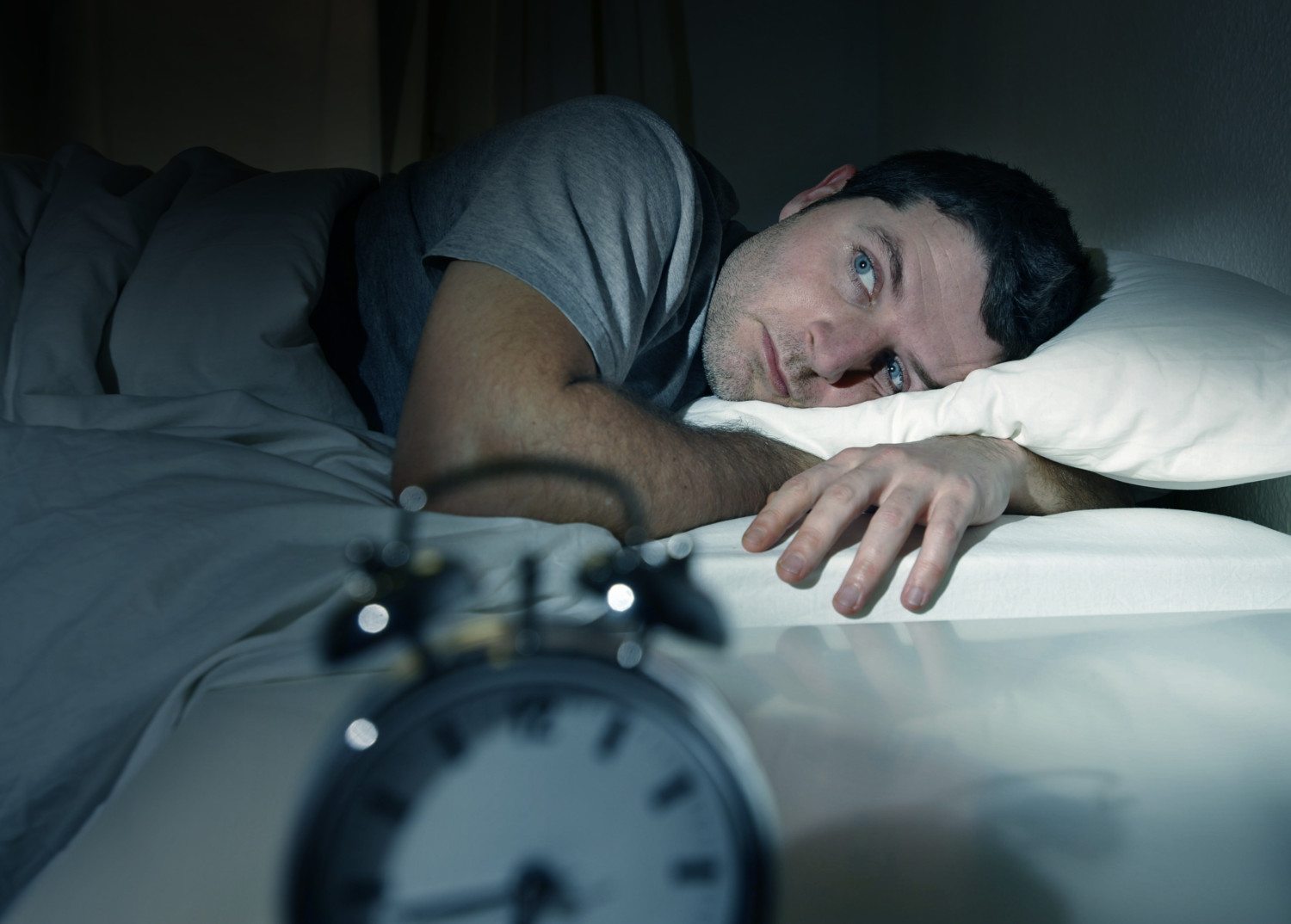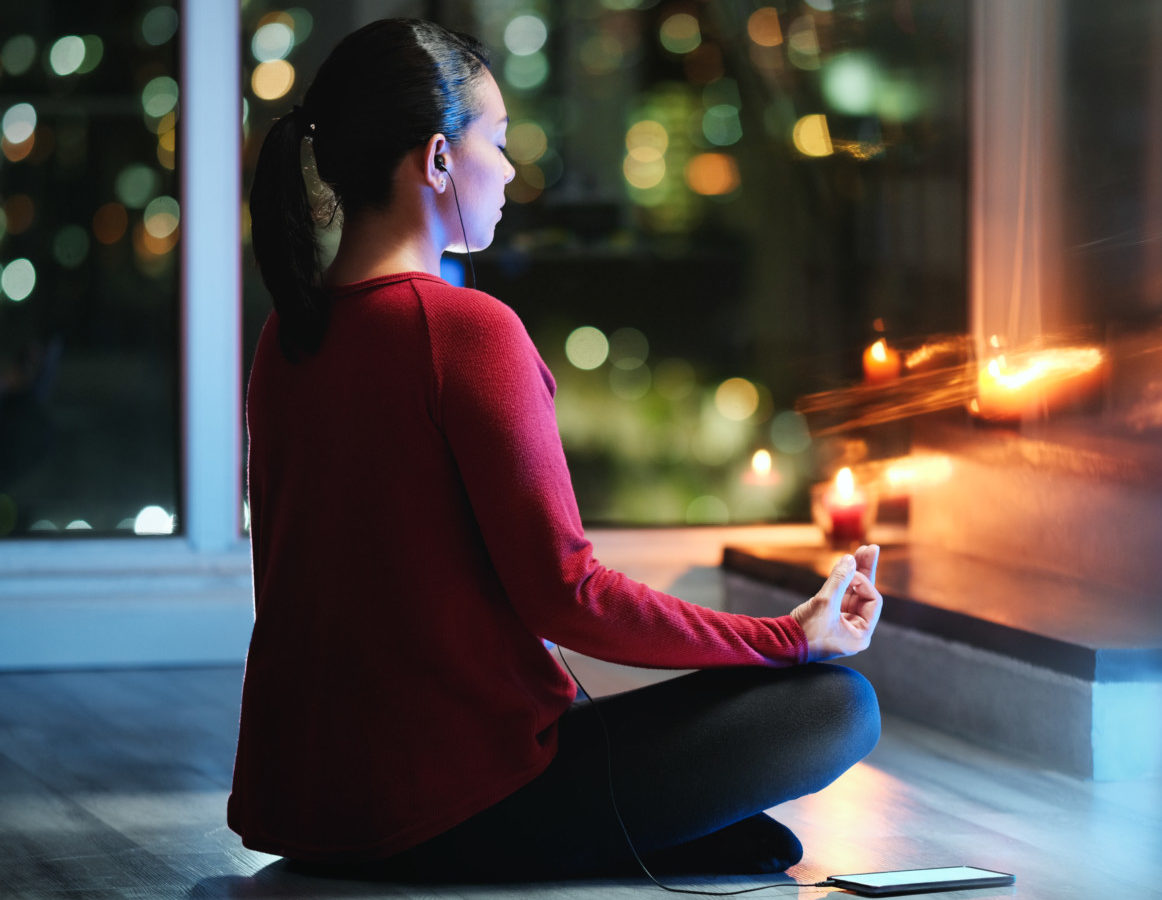The products and services mentioned below were selected independent of sales and advertising. However, Simplemost may receive a small commission from the purchase of any products or services through an affiliate link to the retailer's website.
It wouldn’t be fair to only extol the virtues of early birds. Sure, they are known to make healthier food choices and may even live longer, research tells us. But according to another set of studies, it is the people on team night owl who tend to be more intelligent and creative.
Here’s something that’s less debatable: We live in a society that strongly favors early risers, complete with sunrise yoga classes, 8 a.m. conference calls and early school start times (although that is changing!).
Wondering if you can finally conquer the snooze button and learn how to become a morning person? Experts say it’s doable, but it requires changing up your habits and gaining a better understanding of the science of circadian rhythms.
“Anyone can choose to be a morning person, but it won’t happen right away,” explained Bill Fish, a certified sleep science coach and co-founder of sleep resource site Tuck.com. “Our bodies love routine and consistency.”
We turned to experts to explain why some people are hardwired to be early risers, as well as how night owls can trick themselves into becoming larks.

First, Is There Such Thing as Early Birds and Night Owls?
Yes, you can absolutely be a night person or a morning person.
Neuroscientists from the University of Alberta found differences in the way brains function in early risers and night owls. Using magnetic resonance imaging to measure brain stimulation, they learned that the brains of morning people were most excitable at 9 a.m., and slowly decreased throughout the day. The brain activity of night owls, though, became more excitable after 9 p.m.
Another interesting difference is how night owls gained physical strength throughout the day, while morning people produced about the same amount of strength all day long.

The differences may come down to genetics. In 2012, scientists discovered a gene that is responsible for an individual’s tendency to be an early riser or night owl. Eerily, the gene could also potentially determine the time of day (morning or afternoon) a person is most likely to die.
Our ancestors rose with the first rays of light, and went to bed as the sun set, so we should be naturally hardwired to do the same. However, licensed psychologist Carla Manly, Ph.D., explained that technological advances have had an effect on our circadian rhythms, too. Many of us are tethered to technology and those blue lights that emit from computer screens, cell phones and televisions affect the body’s production of melatonin, which is the natural sleep-inducing hormone, Manly explained.
So, with that primer out of the way, here’s how to become a morning person.
1. Adjust Your Bedtime Gradually
Sleep coach Bill Fish recommended slowly adjusting your bedtime by 10 minutes each night. That means if you normally go to bed at midnight, roll that bedtime back to 11:50 p.m. the first night and keep scaling back in 10-minute increments until you reach your optimum bedtime. You’ll be able to slowly train your body to make the transition, he said. This tactic also works when we spring forward during Daylight Saving Time.

2. Use a Sunrise Alarm Clock
Our bodies have been trained to rise with the sun over thousands of years, Fish said. Most of us despise the shriek of an alarm, but a sunrise alarm clock that mimics the actual rise of the sun and gradually wakes you up can help adjust your circadian rhythm in a more pleasant way, he said. (You can find some of these specialized alarm clocks on Amazon.)

3. Reward Yourself for Waking Up Early
We tend to change behaviors when a positive reward is offered, licensed psychologist Carla Manly explains. Reward yourself immediately upon rising with something that you enjoy, like a cup of coffee or a hot shower, she suggested.
You’ll also feel ready to conquer the day if you can knock out a few tasks shortly after waking up, Manly continued. These can be little things, like making a to-do list for the day or doing a five-minute meditation.

4. Manage Your Melatonin
If you expose yourself to lights from televisions, smartphones and laptops at night, your brain thinks it’s still daytime outside, so it tries to keep you up even later, explained Sujay Kansagra, M.D., an associate professor at Duke University Medical Center and Mattress Firm’s Sleep Health Expert.
“The key is to avoid bright lights for at least 30 minutes prior to bedtime for a healthy start to your morning,” he said.
Since melatonin helps regulate your sleep-wake cycle, it’s also a good idea to go outside during the daylight and again at dusk, said Tamsin Astor, Ph.D., and the author of “Force of Habit: Unleash Your Power by Developing Great Habits.”
If you can, steer clear of your blue light-emitting devices like TVs, phones and computers two hours before bed. But if you must be near your devices, Astor recommended using a filter like f.lux, which gives an orange tint to your screens, or donning a pair of blue-blocking glasses.

5. Have a Nighttime Routine
Develop a nighttime routine that involves tasks like brushing your teeth, reading or meditating, suggested Kansagra. These habits cue the brain that it’s time to wind down and sleep. Also, go to bed and wake up at the same time each day to help synchronize your bedtime with your internal clock.

So, do you think you could change up your circadian rhythm and learn how to become a morning person?
This story originally appeared on Simplemost. Checkout Simplemost for additional stories.


